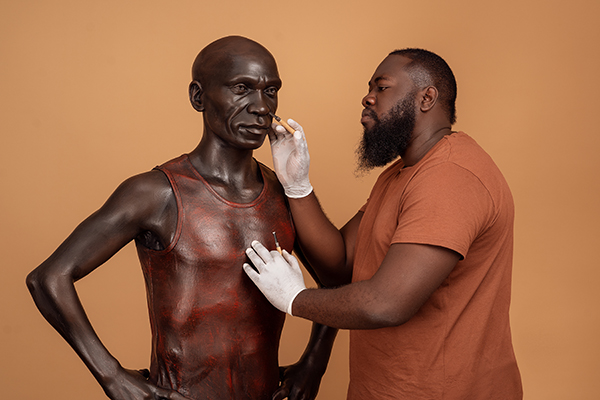Scientists try to grow human organs inside pigs to solve transplant shortage

Scientists in the United States have started growing human organs inside pigs in an attempt to solve worldwide shortage for transplants. In the latest development, researchers from the University of California have injected human stem cells into pig embryos, to produce human-pig embryos known as ‘chimeras’.
The human-pig chimeric embryos will look like a normal pig’s embryo, but one of their organs – the pancreas – will be made completely from human cells.
It will be allowed to develop in the sows for 28 days before the pregnancies are terminated and then the tissue removed for analysis.
Professor Pablo Ross, a reproductive biologist who is leading the research, told the BBC: ‘Our hope is that this pig embryo will develop normally but the pancreas will be made almost exclusively out of human cells and could be compatible with a patient for transplantation.’
Concerns related to the project were raised and related to the possibility that the implanted human cells might migrate to the developing pig’s brain and make it more human.
Professor Ross said this was unlikely but was a key reason why the research was proceeding with such caution.
In order to create the chimeras scientists use CRISPR gene editing to remove DNA from a newly-fertilised pig embryo that would enable the resulting foetus to grow a pancreas.
This creates a genetic ‘niche’ or void. Then, human induced pluripotent (iPS) stem cells are injected into the embryo. The iPS cells were derived from adult cells and ‘dialled back’ to become stem cells capable of developing into any tissue in the body.
The team behind the research hopes the human stem cells will take advantage of the genetic niche in the pig embryo and the resulting foetus will grow a human pancreas.
Around 20 animals have been impregnated with human-animal hybrids, which were created by injecting human stem cells into an animal embryo.
These embryos were then implanted into a pig or sheep, but the none of the hybrids have been brought to full term
- Daily Mail






